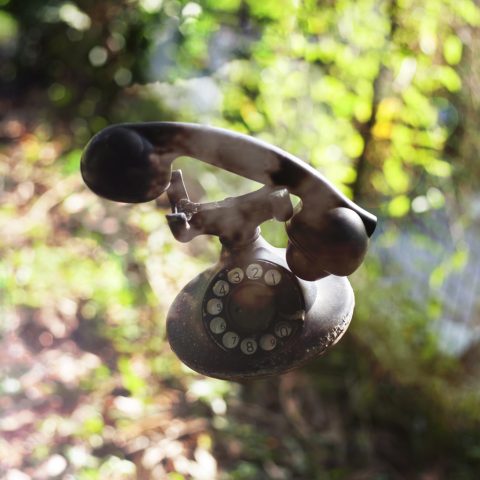Your story seems to call attention to setting, but then boils down the prose and gives away very little: “The ocean waited. The ocean waved. The wind couldn’t decide what it wanted to do.” How did place factor into your writing process for “Rockaway”?
I’m embarrassed to say that not much thought went into that transition. Likely it was a matter of how things sounded, but I don’t recall.
I do think the move from attention to neglect—to the quick atmospheric lines—reflects how we interact with the physical world. Visit a city and see everything and then see, basically, nothing. But, even when you’re not actively noticing a place, you still feel it deeply. It’s still working through you even if you’re not cataloguing it.
I always cringe when someone says they wrote something on the Subway or in a cab or whatever. It’s the same move as the old speech on a bar napkin claim. But, I wrote this piece on a subway ride from Bed-Stuy to Greenwich Village. I’m a chronic tinkerer and sometimes work things until they’re so brittle they disappear. This, though, came out more or less as it is here with the exception of the third-to-last word, which Tara [Laskowski] wisely challenged me to reconsider. Living in New York the past three years, I couldn’t get California out of my head. I wrote a lot about the ocean and cliffs and all, inspired by the way Steinbeck drew Northern California in his work
“Rockaway” covers a lot of ground in terms of time—we are lost in the girl’s mouth for what feels like hours … and, just like that, it is dinner. What do you find most attractive about these quantum leaps, in books you read or your writing?
I think Percival Everett is great at this. In Erasure, in particular, he just moves through time the way he wants. It’s not crazy or wild per se; it’s really sensible.
I guess anything to avoid the slow turning doorknob before a door is opened, or the phone buzzing once, twice, three times in the man’s front pocket before a phone is answered. Once you start with that kind of cataloguing, you’re beholden to describing the rest as he digs his hand into his jeans, draws the silver phone out, flips it open, etc. etc. Unless it’s critical to the character, all that stuff makes me want to quit reading or writing.
A lot of the time, I’ll write all that stuff, show all the transportation and legwork, and then cut it all out and get the good stuff: kissing and eating in this case.
Your website sells you as a musician and music engineer and producer. Who scores the short film “Rockaway”? What atmosphere does the story dictate?
Well, that bit about me being a musician is probably more for me than anyone. I grew up playing in bands but haven’t played at all since moving to New York. It’s difficult to own up to the fact that I rarely play anymore. I have been lucky enough to get to record bands and mix some records, but it’s been a long time since I’ve made music.
As far as a score, I would first have to apologize to the poor filmmaker hired to make a short for this. It’d be very short, right? But I think the list below is a partial compilation of the songs I’ve been listening to for this story and beyond. Any of these would be good, I think.
“DRMZ” / A.A. Bondy
“Lovers Spit” / Broken Social Scene (Feist Version from Bee Hives)
“I Do” / David Bazan
“Feels Like Fire” / Ryan Adams
“Sea of Teeth” / Sparklehorse
“Suffering” / The War on Drugs
“Bitch Don’t Kill My Vibe” / Kendrick Lamar
“Day Dream” / Youth Lagoon
“Hagar Shore” / STOW
“Out on the Weekend” / Neil Young
“California Stars” / Billy Bragg and Wilco
Curating drDOCTOR and the AUDIOGRAPH audio series in Brooklyn looks like a lot of fun. How do you find time for writing, teaching, music, and producing multiple podcasts?
Yeah, drDOCTOR and AUDIOGRAPH have been great. drDOCTOR has been especially good for getting ideas and thoughts out quickly. We’ve tried not to be too precious about it, which I think has helped with the writing some, where, again, I tend to be overly attentive to certain things.
As far as time, I just left Brooklyn and live in Nashville now, where I’m hoping to have more time for writing and all the projects. I don’t have anything particularly interesting to say about time other than the cliché: We make time for the things we care about. That, and I say no to a lot of things. Anyone who knows me understands that I’m pretty protective about my time.



 The SmokeLong Grand Micro Contest (The Mikey) is now an annual competition celebrating and compensating the best micro fiction and nonfiction online.
The SmokeLong Grand Micro Contest (The Mikey) is now an annual competition celebrating and compensating the best micro fiction and nonfiction online.